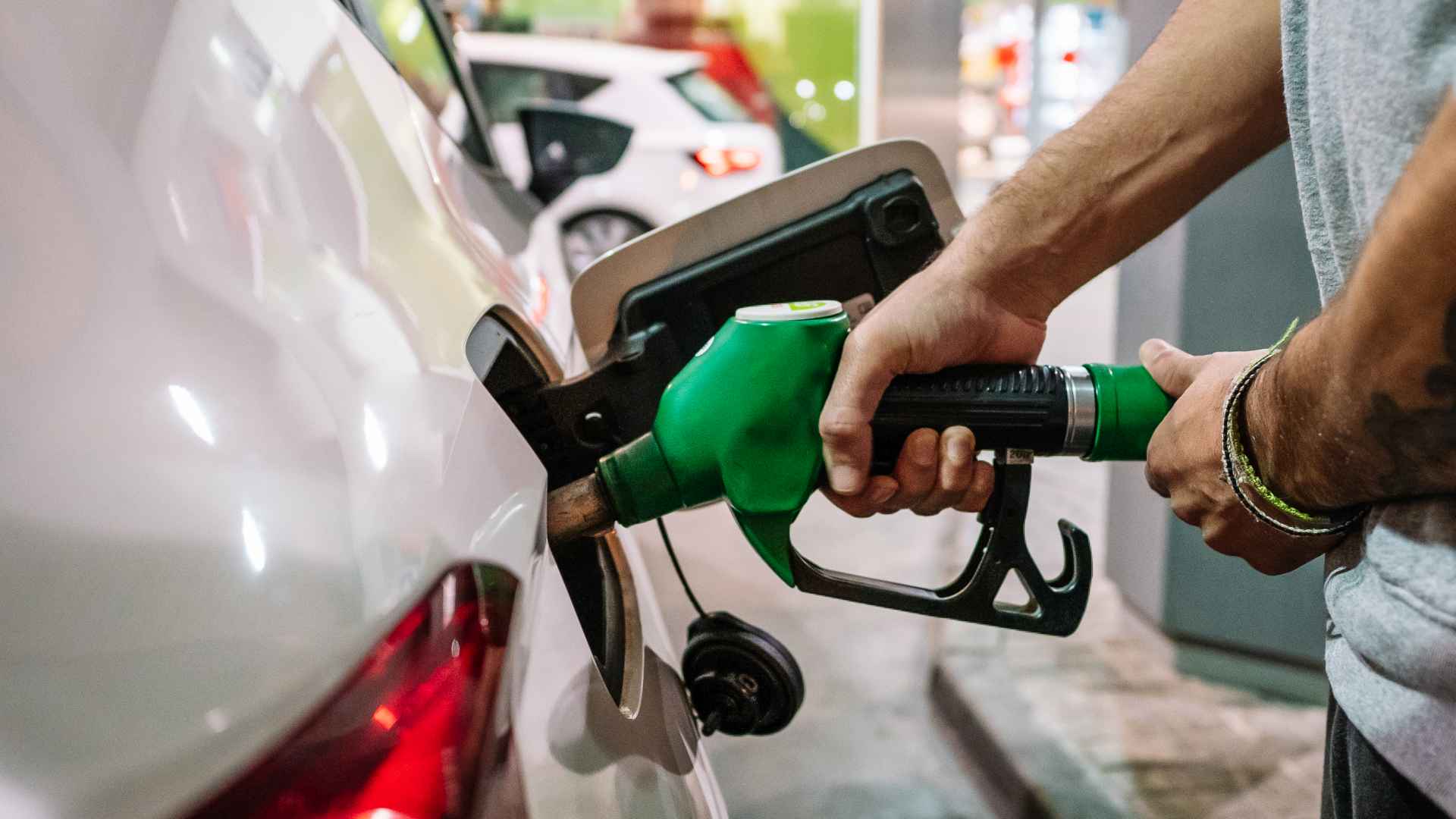
With gas prices putting a strain on most Americans’ budgets, it’s tempting to try to save on fuel. The problem is that some of the most common fuel-saving hacks may not actually work.
Read Next: I Bought a Hybrid Car: Here’s How Much I Save on Gas Every Month
Explore More: 5 Types of Cars Retirees Should Stay Away From Buying
To get to the bottom of it, GOBankingRates talked to sector analyst and industry expert Lauren Fix of The Car Coach and Car Smarts Brands to sort out fuel-saving myths from the truths.
Also see four gas-saving tips that actually work.
A Clean Air Filter Equals Better Gas Mileage
Fix said this is mostly untrue because today’s vehicles use computer-controlled fuel injection systems that automatically regulate the air-fuel mix.
“A clean air filter can improve engine performance and airflow, but it rarely delivers a measurable boost in gas mileage on today’s cars,” she explained.
Check Out: How Much To Charge a Tesla Monthly vs. Gas for a Subaru Forester
Using Premium Fuel Will Boost Your Vehicle’s Fuel Efficiency
Fix said this is also a myth since most vehicles are built to run efficiently on regular unleaded fuel.
She explained that using premium fuel won’t boost mileage or performance unless the engine is specifically designed for higher octane, like some turbocharged or high-compression models.
Using Fuel Additives Will Increase Gas Mileage
Most fuel additives don’t improve efficiency in modern engines that are already built to run cleanly and efficiently on regular gasoline, according to Fix.
“While some additives can help keep fuel systems clean, they rarely translate into noticeable gains in gas mileage,” she said.
Shutting Off Your Vehicle at Traffic Lights Saves Fuel
Fix explained that although modern vehicles with start-stop systems are designed to automatically shut off, manually switching off older cars at lights isn’t practical. She explained that while turning off the engine does stop fuel use, repeated restarts can stress the starter and battery, which can wipe out any potential savings.
Filling Up During the Coolest Part of the Day Saves Fuel
“This is mostly untrue because modern gas pumps are temperature-compensated, meaning you get the same amount of fuel whether it’s hot or cool outside,” Fix said. “Any savings from cooler fuel density are so minimal that drivers won’t notice a real difference.”
More From GOBankingRates
- 9 Costco Items Retirees Need To Buy Ahead of Fall
- Vivian Tu: The Simple Money Rule That Can Keep You Out of Debt
- Mark Cuban Tells Americans To Stock Up on Consumables as Trump's Tariffs Hit -- Here's What To Buy
- 7 Tax Loopholes the Rich Use To Pay Less and Build More Wealth
This article originally appeared on GOBankingRates.com: These 5 Fuel-Saving Myths Aren’t Actually Saving You Money







